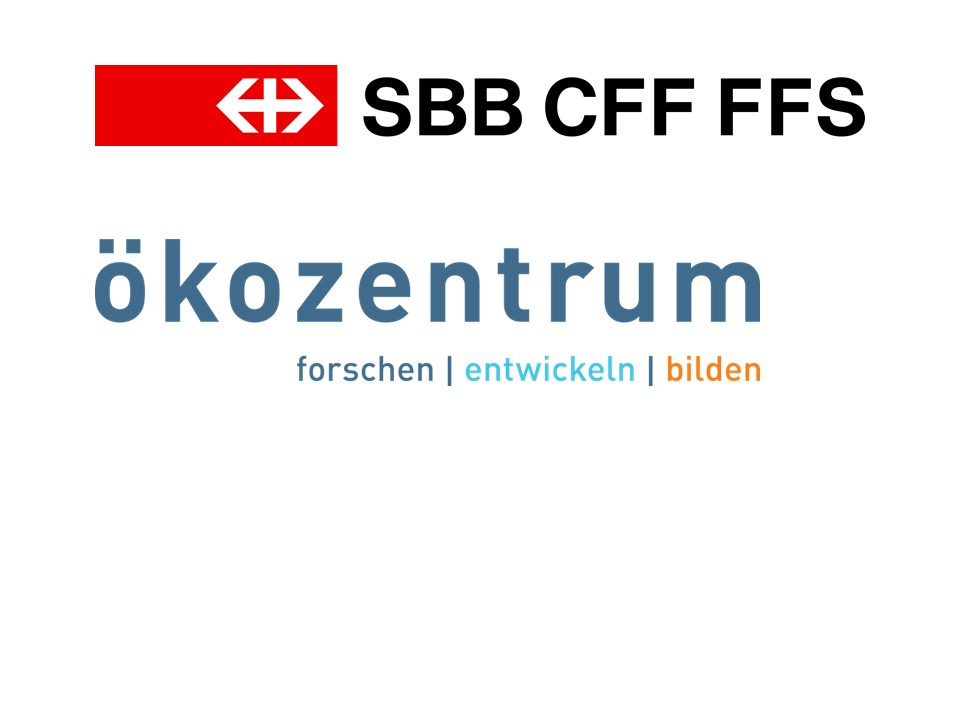SBB AG
SBB Powerpack – a second life for old batteries

This project has been completed.
In this pilot project, SBB wants to try out a sensible way of dealing with lithium batteries and for the first time to tap their potential throughout their entire life cycle.
Batteries used in SBB trains are removed from their primary intended purpose and disposed of when they have lost 20% of their charging capacity. This is not only the case at SBB, but also generally applies to mobile applications and is specified by the system design. However, the remaining capacity of 80% is still sufficient for the batteries to be used, for example in fixed installations, so that these valuable resources can be deployed until the end of their effective life.
This downcycling of resources makes both ecological and economic sense. However, as the transfer from first to second application is a distinct cost driver, this project is all about finding out the necessary requirements for efficient secondary use.
In the Smart City Lab in Basel’s Wolf area, an energy store is being built to provide insights on how to handle decommissioned batteries. Lithium batteries that have previously been used in electric scooters are used here. The store sources its own energy via integrated solar panels and can share this energy to charge electric scooters, e-bikes and other consumers. The pilot facility is an opportunity to investigate more closely the behaviour of batteries in their ‘second life’ and at the very least to define requirements for the future sourcing of new batteries. This should ultimately make it possible to remove batteries from trains and install them in a battery storage system without the need for any intermediate tests or additional logistics.

About SBB AG
Within SBB, the ‘Energy Store’ Centre of Competence is responsible for establishing energy stores as a key technology across all divisions. Further aims of the Centre of Competence are ensuring exchange and coordination on the topic of energy stores, drawing up demand and market analyses, identifying specific scopes of application, planning measures and most importantly, initiating and implementing projects within the proof of concepts framework. As a whole, this is implemented in close collaboration with internal experts, users, qualified persons, industry and technical colleges and universities.
“Ökozentrum has been researching, developing and training since 1980 in the fields of renewable energies and resources, executing orders from industry and society or initiating its own projects. Thereby, they think holistically and independently, remain consistent in terms of content and guarantee a practical and goal-oriented implementation through their many years of experience.”